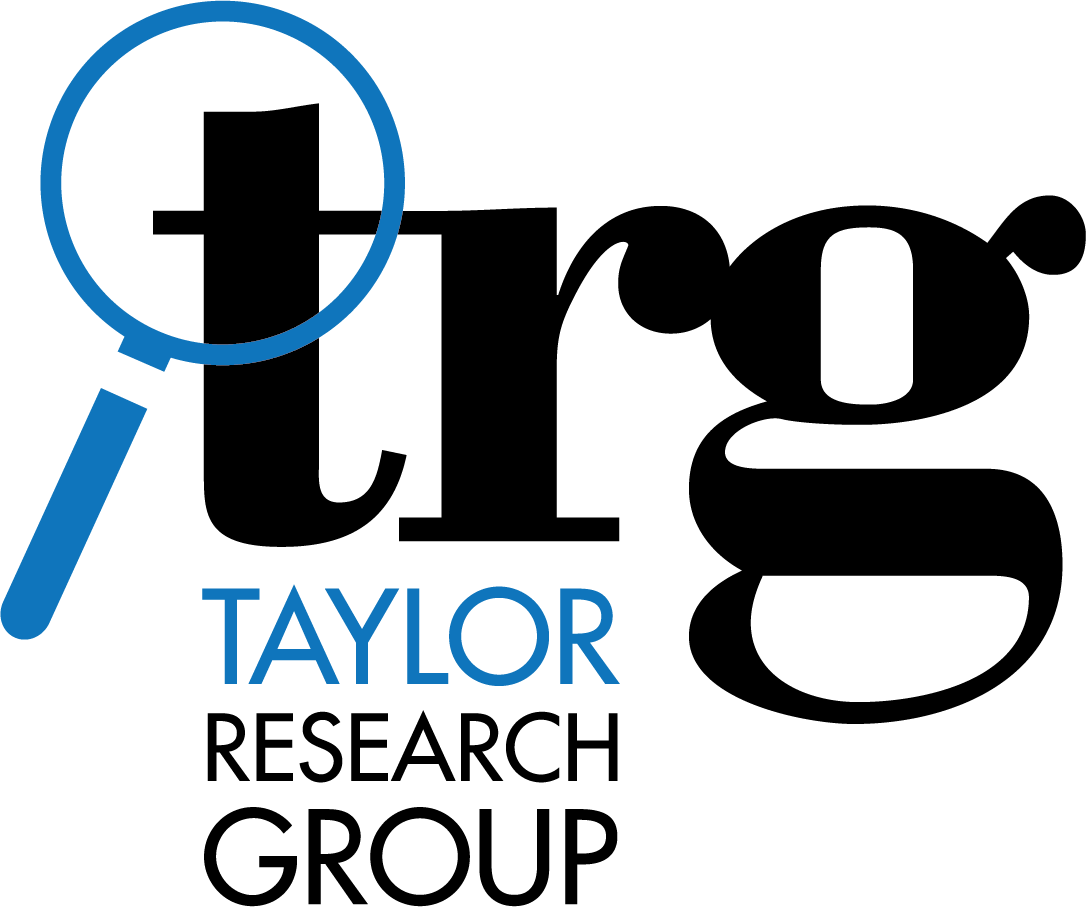Railroad Valuation Records
Taylor Research Group’s (TRG) experienced researchers are highly skilled in accessing and collecting records created by the Interstate Commerce Commission (ICC), including maps. These records, originally created by the ICC and railroad employees between 1915 and 1920 (and updated into the 1960s), provide a wealth of information regarding the history of the United States’s railroad system. More specifically, these records help to discern the precise nature of the railroad facilities existing in a particular location, the specific nature of the land owned by a railroad and detailed data on its acquisition, the explicit nature of the land use adjacent to railroad properties, and financial histories of railroads from their earliest operations to the date of basic railroad valuation. We routinely collect historic ICC maps and railroad valuation records for our clients to provide insight and clarification into the following issues:
Land Ownership Disputes – discern historical ownership of property in and around a particular parcel using maps and documents
Railroad Property Use Issues - determine the historical appraised value of all the property of interest that was owned or used by railroad companies in the United States and surrounding properties including detailed data on property acquisition(s)
Historical Business Presence - discover the name and location of historic businesses surrounding railroad tracks across the United States
Utility Crossings - ascertain if existing historical railroad track crossing easements were in place in order to propose current day use of these easements for utilities and others
Boundary Surveys - determine where block, lot, and property boundaries historically existed near railroad tracks
Right-of-ways and Easements - verify historical location and ownership of right-of-ways and easements
TRG has reviewed and collected land appraisal field notes, land acquisition schedules and forms, and detailed land maps from within the voluminous ICC records held here in the Washington, DC Metro area at the National Archives in College Park, MD, on behalf of surveyors, engineers, law firms, and members of the general public.
